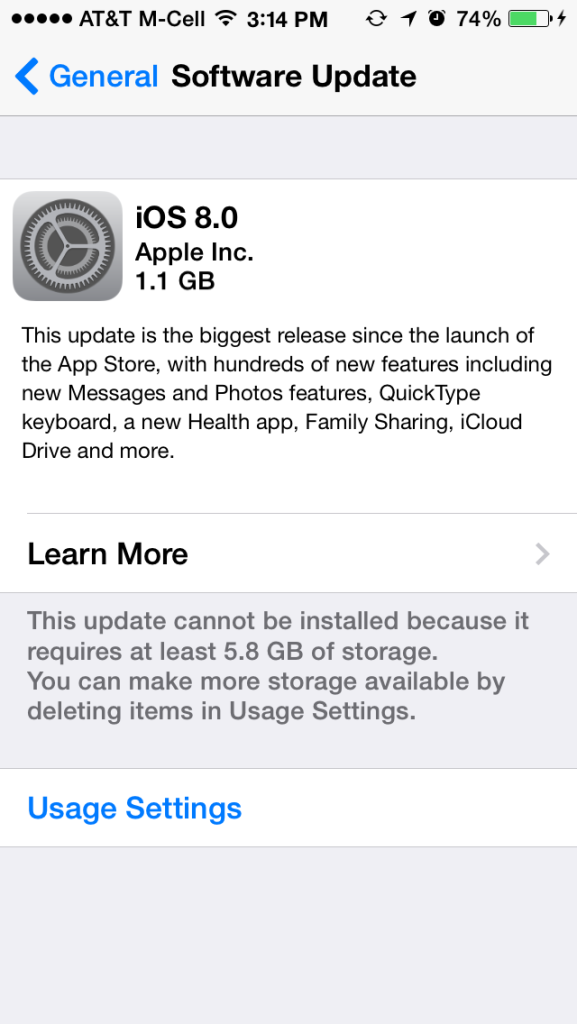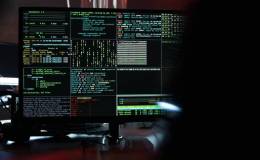One household name that comes to mind when one considers the early days of mobile phones is Nokia. Other than mobile phones, Nokia also deals in mobile networks, virtual reality and digital health. Just yesterday, they launched a service that would solve urbanization challenges.
IoT for Smart Cities and Sensing-as-a-Service says there are benefits in building economically and environmentally sustainable cities using IoT. This is why Nokia is introducing S-MVNO, a Public Safety service for preserving urban safety by enhancing commercial LTE networks. Moreover, doing this, enables the networks to meet mission-critical requirements of public safety agencies.
The fully-integrated, modular and scalable framework, IoT for Smart Cities, allows operators and master systems integrators to exploit the unified smart city management. The framework allows for the rapid launching of new products and services, thereby unlocking new revenue streams.
Smart city operations are coordinated by Nokia’s Integrated Operations Center (IOC), through cross-application data sharing, automation and analytics, for improved efficiency, decision making and father responsiveness. Applications we can expect include parking, waste management, smart lighting, video surveillance and environment sensing.
Sensing as a Service works by giving real-time environmental data and smart analytics. Operators can monetize this by offering CAPEX-free data services to public service authorities, private enterprises and governments. Also, operators can utilize existing base station sites using Nokia sensors. This works by integrating all available site equipment into an IoT real-time monitoring platform. With Sensing as a Service it’s possible to detect unusual environmental behavior like trash burning, illegal construction, or unusual harmful particles in the air. Blockchain-powered Sensing as a Service is enabled using smart contracts. Using smart contracts due to its anonymized, private and secure micro-transactions, operators are allowed to monetize analyzed data and generate new revenue streams.
Commenting on Sensing as a Service, Asad Rizvi, head of Global Services business development at Nokia, had this to say: “Cities need to become digital in order to efficiently deliver services to their inhabitants. Smart infrastructure, which is shared, secure, and scalable, is needed to ensure urban assets and data are efficiently used. We can help cities with that. In addition, we can help operators generate new revenue utilizing their existing network by providing solutions for smart city players, such as city, transport, travel and public safety authorities.”


















